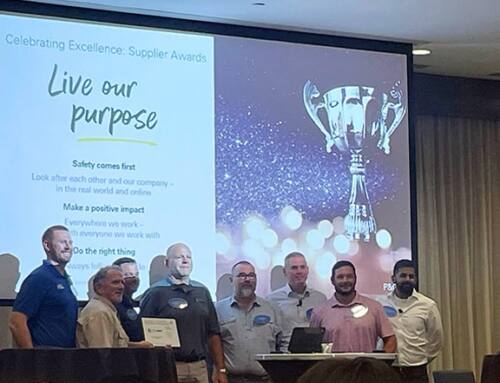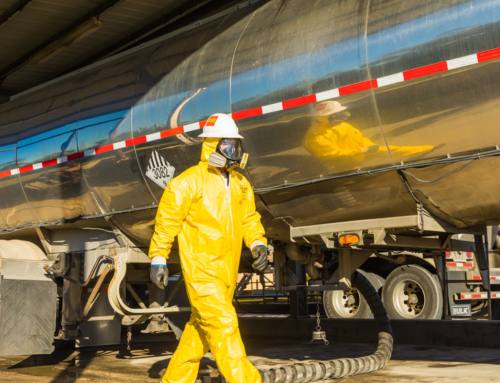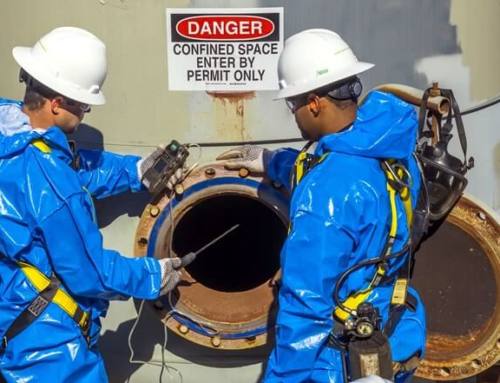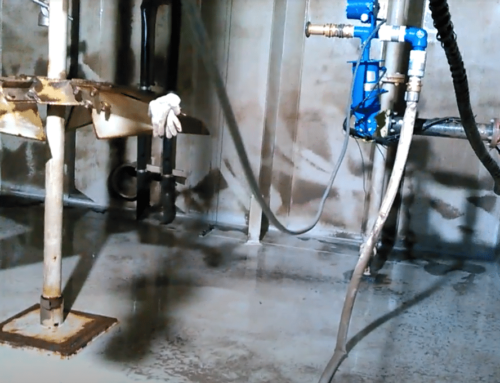E&P waste is a term that refers to the waste generated during natural gas and oil exploration and production (E & P) activities. These wastes could be hazardous due to certain characteristics, but are considered to have a low degree of danger associated with them and are therefore not technically classified as hazardous wastes in most circumstances. Some examples of these wastes include:
These wastes are subject to a number of regulations determined, in most cases, by individual states. Common examples of compliance requirements for E&P waste management include:
In states where fracking occurs, there are also likely to be regulations for managing wastes created by such activities.
Some federal regulations and recommendations also apply. For example, the Environmental Protection Agency (EPA) recommends any facility managing these wastes follow its extensive list of best management practices, generated with assistance from industry sources, universities, state agencies, investment groups and environmental activists and organizations.
Ecoserv’s E&P waste disposal
Ecoserv is pleased to provide E&P waste disposal services for a wide range of industries. We operate an E&P waste waterfront transfer facility in Port Fourchon, Louisiana that’s regulated by the state Department of Natural Resources. At this facility, we are permitted to receive RCRA-exempt E&P wastes created in federal and state waters and in inland locations, with the most common types of waste we receive including drilling and completion fluids and cuttings, tank bottoms, production wastes, oil and gas pipeline waste and gas plant waste.
All E&P wastes we receive at the facility are commingled on to barges until we reach capacity, at which point we transport the barges on the Intracoastal Waterway to our processing facility in Port Arthur, TX.
Our focus for the ultimate waste disposal processes is on disposing the wastes in the most environmentally friendly manners possible.
Want to know more about our capabilities for managing and disposing of E&P wastes generated by various industrial activities (while maintaining strong environmental policies)? We encourage you to contact us today at Ecoserv and we will be happy to answer any questions you have for our team.





